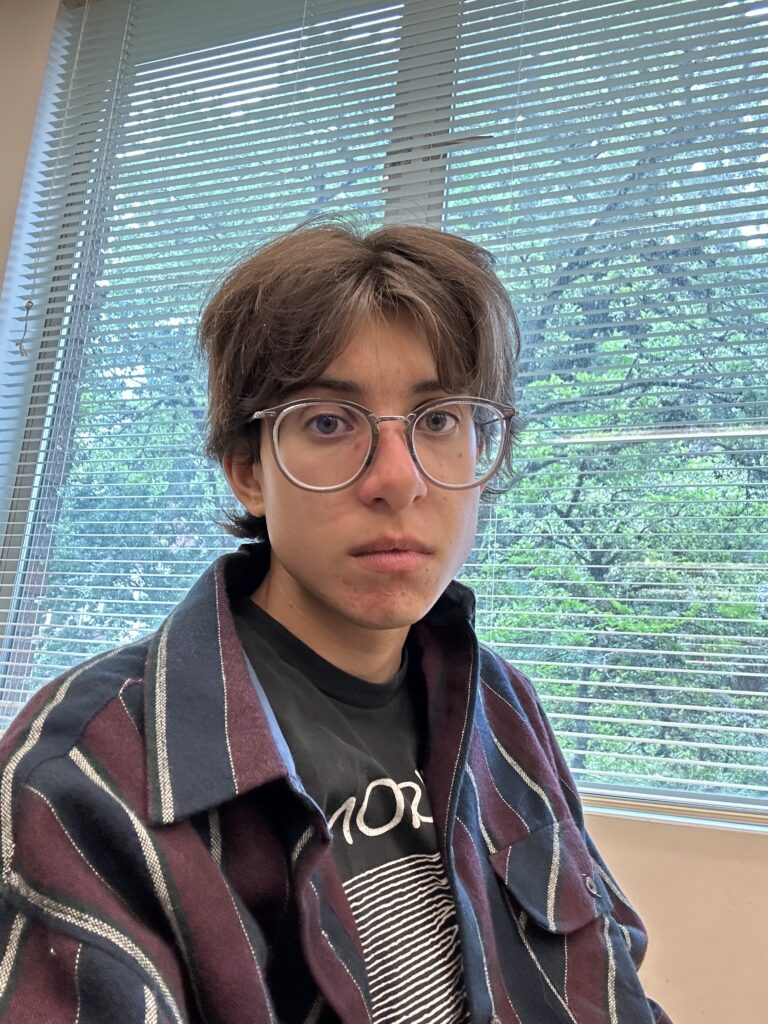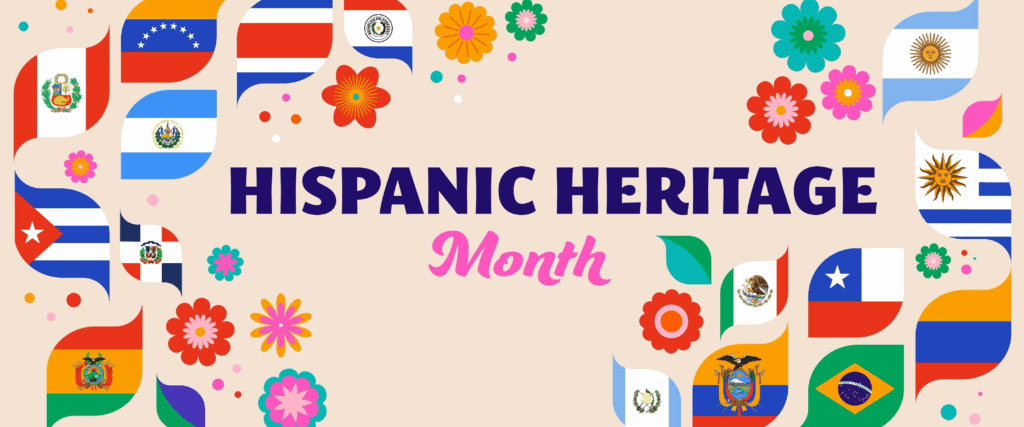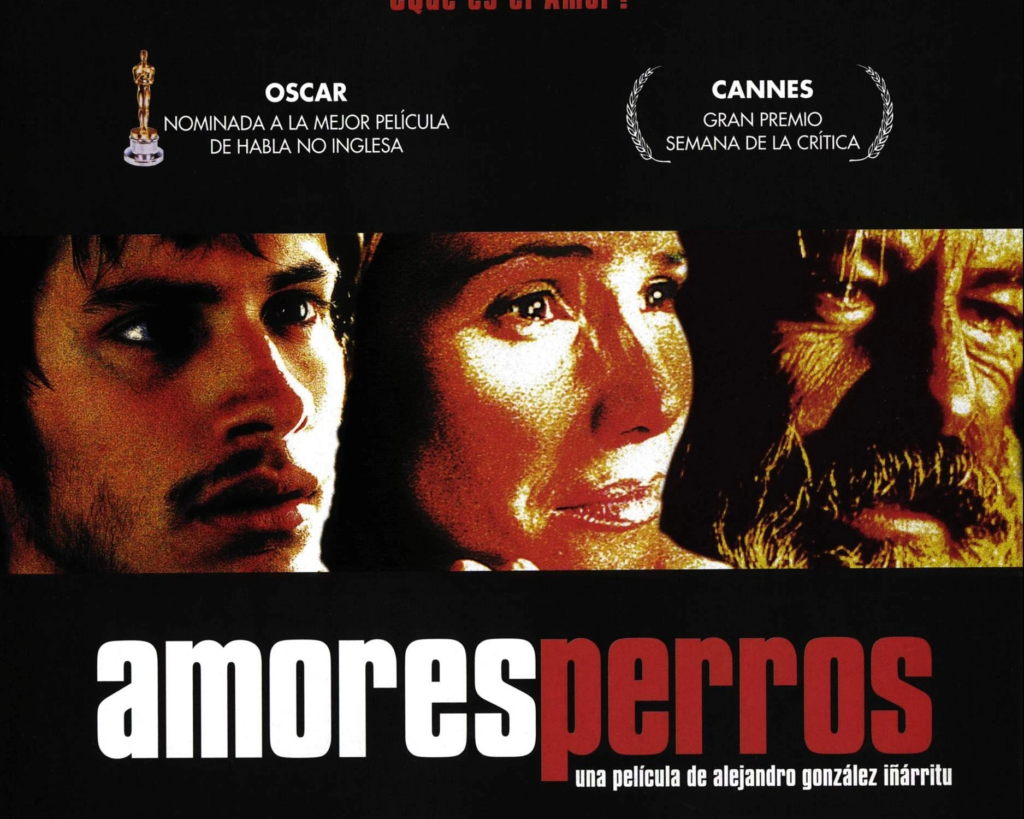Today we’re interviewing Bruce, our drop-in Spanish tutor! We chatted about what first motivated him to learn Spanish, and the amazing power of language tutoring at Reed!
Leilani: Hi Bruce! First, could you tell me a little bit about yourself, and for how long you’ve been speaking Spanish?
Bruce: My name is Bruce, and I’m from the Portland area. I started speaking Spanish, or at least taking classes, in seventh grade. And then I did it for five years. I did the IB [International Baccalaureate] program, so I did IB Spanish in my junior year. In my senior year, I wasn’t able to take Spanish because I had already taken the highest level my school offered. So I started again last year in college. I started at the intermediate level, and now I’m taking 321 [Theory and Practice of Hispanic Literature].
L: What initially motivated you to start learning Spanish?
B: I don’t come from a family that speaks Spanish at all, but it was the only language that was offered at my middle school. My brother was also a couple of years older than me, and he was starting to learn, as well. It was more so that I wanted to learn another language. Now, I’m glad I chose Spanish because it aligns with a lot of what I’m interested in. I’ve been really interested in Latin American politics, art, and history. When I first started to learn, I didn’t have that reasoning. But now I’m really glad I chose to study Spanish.
Continue reading “Discussing why you (yes, YOU) should come to Spanish tutoring with Bruce!”







